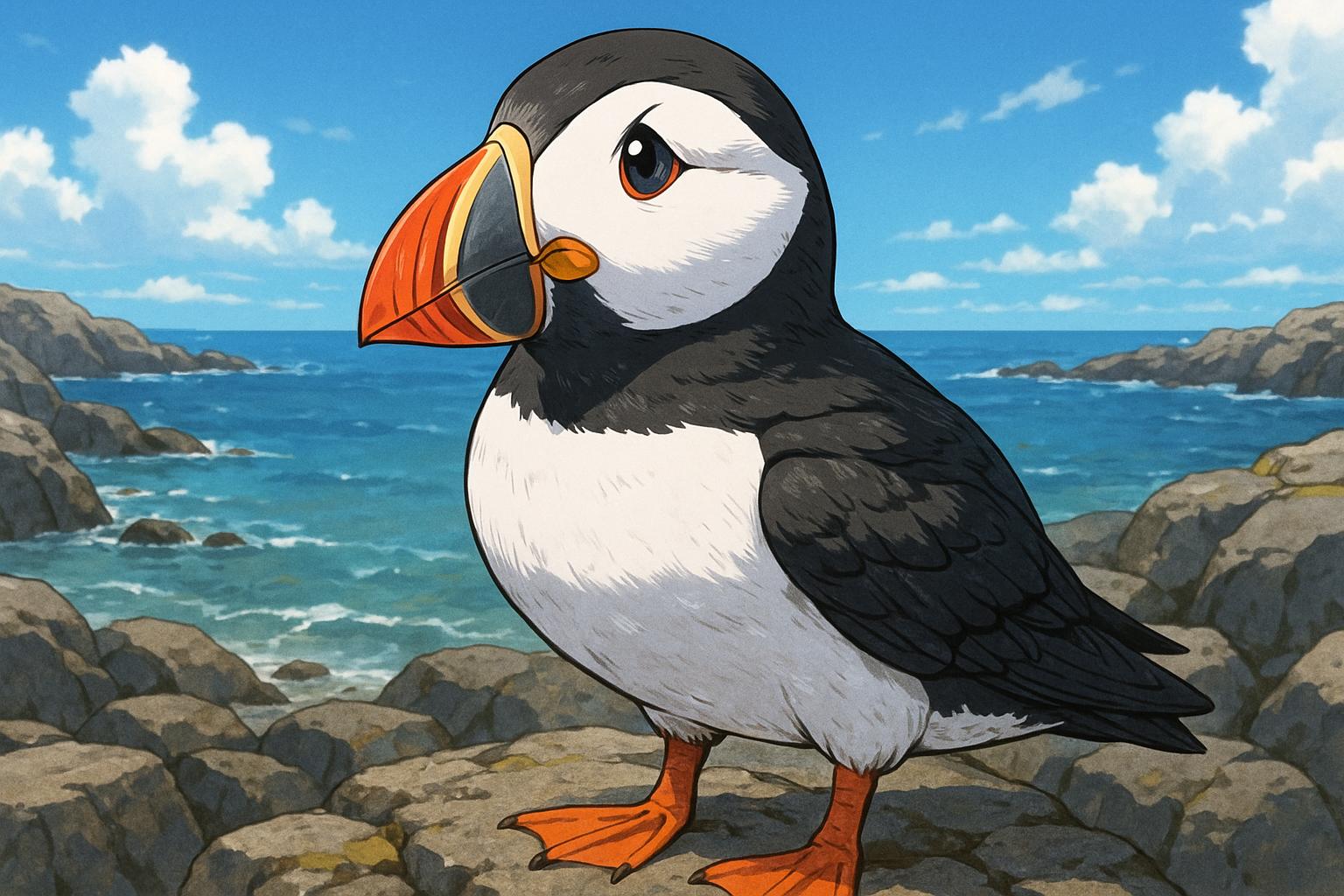The puffin population on the Farne Islands in Northumberland has been declared stable after an encouraging census conducted by the National Trust, the first of its kind in five years. This significant survey, which took place amidst concerns over avian influenza and the ramifications of the COVID-19 pandemic, revealed approximately 50,000 breeding pairs, representing a 15% increase from the almost 44,000 pairs estimated in 2019. Rangers have noted that this uptick in numbers is indicative of the species' remarkable resilience.
Historically, puffins have faced numerous challenges, including severe declines due to disease, fluctuating food sources, and habitat changes. The recent count, however, signalled no evidence of avian influenza, which had previously devastated seabird populations across the UK. This absence of disease, coupled with an increase in puffin numbers, provides a rare note of optimism amidst the ecological tumult that has characterised recent years.
The census also highlighted a notable shift in nesting patterns, with a larger number of puffins opting to settle on Inner Farne as opposed to outer islands. This behaviour is believed to be influenced by the seasonal dynamics of seal pupping, which affects the availability of burrows necessary for nesting. Such changes are critical as they reflect an adaptive response to shifting environmental conditions.
While the puffins appear to be faring well, the broader seabird community is experiencing troubling declines. The latest analyses have raised alarms regarding other species, such as shags and guillemots, whose populations have plummeted by 75% and 37%, respectively, on the Inner group of islands. These trends are being attributed to extreme weather events and the lingering impacts of avian influenza, underscoring the precarious state of seabird health in the region.
The findings from this comprehensive survey not only underscore the success of puffin conservation efforts but also highlight the need for continued monitoring and intervention for other vulnerable seabird species. Rangers and conservationists remain vigilant, recognising that while the puffin population shows promise, the overall challenges facing marine life on the Farne Islands demand sustained attention and action.
As we reflect on these developments, it becomes clear that the balance of our coastal ecosystems is delicate and requires a nuanced approach that prioritises both the protection of thriving species such as puffins and the urgent need to understand and address the declining populations of their seabird counterparts.
Reference Map
- Paragraph 1: (1), (2)
- Paragraph 2: (2), (3), (5)
- Paragraph 3: (3), (4), (6)
- Paragraph 4: (4)
- Paragraph 5: (6)
Source: Noah Wire Services
